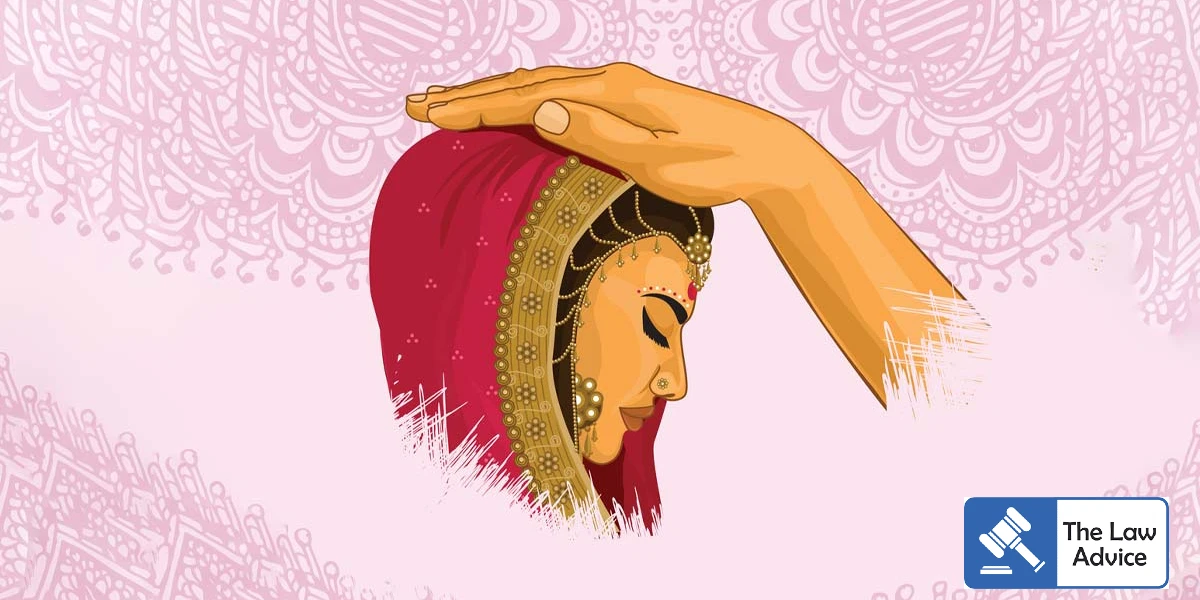
Upholding the acquittal of a woman’s in-laws accused of dowry death, the Gujarat High Court ruled that a demand for money to meet legal expenses for applying for bail in another criminal case does not amount to “dowry” under law and cannot be termed harassment under Section 304B of the Indian Penal Code.
A Division Bench comprising Justice Cheekati M. Roy and Justice D.M. Vyas dismissed the State’s appeal against a 2013 sessions court judgment that had acquitted the woman’s father-in-law, mother-in-law, sister-in-law, and brother-in-law of charges under Sections 304B (dowry death), 306 (abetment of suicide), 498A (cruelty), and 114 (abetment) of the IPC.
The Court noted:
“The admitted case of the prosecution is that the accused only demanded ₹50,000 to meet legal expenses for applying for bail for the husband of PW-1 and her father-in-law. In our considered view, such a demand does not fall within the definition of 'dowry' under Section 2 of the Dowry Prohibition Act, 1961. Hence, it cannot be said that there was harassment related to an illegal dowry demand that drove the deceased to suicide.”
The deceased woman was married in January 2011. About six months later, in July 2011, her husband, father-in-law, and brother-in-law were arrested in a criminal case related to land document forgery. The prosecution alleged that the father-in-law directed the other accused to pressure the deceased to arrange ₹50,000 from her father for bail expenses.
Her father allegedly managed to give ₹10,000, but the harassment for the remaining amount continued. The woman consumed poison in August 2011 and died by suicide.
Her family alleged that she was taken to a hospital after falling unconscious and later declared dead. Suspicious of foul play, her father insisted on a postmortem. Although the initial cause of death was reported as cardio-respiratory failure, the viscera was preserved for further analysis. During trial, the doctor admitted poisoning could be a possibility but couldn’t confirm it without viscera analysis.
The High Court observed that to establish a case under Section 304B IPC, the prosecution must prove that:
The woman died under unnatural circumstances within seven years of marriage, and
The death was preceded by cruelty or harassment related to a dowry demand.
The Court found no evidence of any dowry demand made in connection with the marriage. Further, the alleged ₹50,000 was sought for legal expenses—a demand not covered under the legal definition of “dowry.”
The Court also found it doubtful that such a demand was made at all, noting that bank records showed accused Nos. 1 and 2 had ₹2–3 lakhs at the time, making it unlikely they needed funds from the deceased’s family.
On the charge of abetment of suicide, the Court observed:
“There is no evidence to prove that the accused instigated or aided the deceased to end her life. Therefore, no offence under Section 306 IPC is made out.”
Similarly, the absence of any cruel treatment in connection with a dowry demand meant that the charge under Section 498A IPC could not be sustained.
Given the lack of conclusive medical evidence about the cause of death and the failure to establish a link between the alleged harassment and the suicide, the High Court concluded:
“The trial court rightly held that the prosecution failed to prove any of the charges against the accused. We find no reason to interfere with the acquittal.”
The Gujarat High Court dismissed the State’s appeal and upheld the acquittal of the accused in-laws, reaffirming that not every financial demand qualifies as dowry under law.
Case Title: State of Gujarat v. Natubhai Golanbhai Khuman & Ors
Website designed, developed and maintained by webexy